In terms of pricing, HostGator comes out on top, but DreamHost offers more features and plans, as well as dedicated support for WordPress clients. DreamHost may not be the best option for those with limited web hosting knowledge, but its robust plans and low prices make it a great choice for many businesses.
DreamHost and HostGator are two popular web hosting companies that are worth considering when looking for a reliable hosting provider. While HostGator is known for its affordable plans and excellent customer support, DreamHost stands out for its selection of plans and features, as well as its dedicated support for WordPress clients.
We’ll compare DreamHost vs HostGator in terms of pricing, features, performance, and support to help you choose the right hosting provider for your needs. Keep reading to find out which one comes out on top.

Credit: cybernews.com
Pricing
DreamHost and HostGator are two web hosting providers known for their affordable pricing. While HostGator may have slightly lower prices, DreamHost stands out with its wide range of features and dedicated support for WordPress clients. So, if you’re looking for great value for your money and excellent features, DreamHost may be the better option for you.
Pricing plays a crucial role when choosing a web hosting service. In this section, we will compare the pricing structures of DreamHost and HostGator. Firstly, DreamHost offers a wide range of plans with varying prices to cater to different needs. The basic plan starts at $2.59/month, while the DreamPress plan costs $16.95/month. On the other hand, HostGator offers three plans, starting from $2.75/month for the Hatchling plan to $5.25/month for the Business plan.
Let’s look at DreamHost pricing in detail. DreamHost’s Shared Starter plan is perfect for beginners and costs only $2.59/month when you pay for three years upfront. It includes a free domain, unlimited traffic, and bandwidth. The Shared Unlimited plan starting at $7.95/month includes unlimited websites and email accounts, along with unlimited storage and free domain privacy. If you are looking for a dedicated hosting plan, DreamHost has that too. The prices begin at $169/month, but you get a dedicated server with maximum security and full root access.
HostGator pricing, on the other hand, is slightly more expensive than its competitors. The basic plan, Hatchling, starts at $2.75/month when you buy for a three-year term, and it includes a single domain, unmetered bandwidth, and a free SSL certificate. The Baby plan, starting at $3.95/month, includes unlimited domains, while the Business plan, starting at $5.25/month, includes everything plus dedicated IP and SEO tools.
In conclusion, DreamHost is a more affordable option when it comes to pricing, as they provide more variety and price flexibility to cater to all website owners. HostGator may not be the cheapest, but they offer a range of features that might suit some website owners. Ultimately, it comes down to your needs and budget when choosing the right web hosting service between the two.
Features
Dreamhost and Hostgator are both popular web hosting services, but Dreamhost offers more features and plans at affordable prices, making it the better choice overall. Hostgator may be cheaper in terms of price, but it lacks the variety of plans and dedicated WordPress support that Dreamhost provides.
When comparing web hosting services, it’s important to consider the features they offer. In this comparison, we’ll take a look at the features of DreamHost and HostGator to determine which one comes out on top.
Dreamhost Features:
DreamHost offers a variety of features across all their plans, including:
- Unlimited bandwidth and storage
- Free SSL certificate
- Free domain included
- 24/7 customer support
- One-click WordPress installation
- SSD storage for faster website loading times
- Automated daily backups
- Custom control panel
Hostgator Features:
HostGator also offers a range of features across their plans, including:
- Unlimited bandwidth and storage
- Free SSL certificate
- Free domain included
- 24/7 customer support
- One-click WordPress installation
- cPanel control panel
- Weekly offsite backups
- Free website migration
Winner: It’s a close call, but DreamHost edges out HostGator in terms of features due to their SSD storage, custom control panel, and automated daily backups. However, HostGator’s free website migration and weekly offsite backups are also valuable features to consider.
Ease Of Use
Dreamhost and Hostgator both provide user-friendly interfaces, but Dreamhost offers more diverse plans and features, as well as dedicated support for WordPress clients. While Hostgator may have a slightly lower price point, Dreamhost is the better option overall in terms of ease of use.
When it comes to choosing a web hosting provider, ease of use is a crucial factor. The process of selecting a web host can be overwhelming, especially for beginners. This is why we’ve compared two of the most popular web hosts, DreamHost and HostGator, based on their ease of use.
User Interface
The user interface is a critical part of web hosting, as it determines how easy it is to manage your website. DreamHost has a straightforward, modern interface that is easy to navigate, making it ideal for beginners. On the other hand, HostGator has a more traditional interface that may take some time to get used to. While HostGator’s interface is functional, it is not as intuitive as DreamHost’s.
Installation Process
Installing a website on a web host can be challenging, particularly for newbies. DreamHost makes the process of installation very simple, offering a one-click installation method. All you need to do is select the web application you want to install, and DreamHost takes care of the rest. With HostGator, the installation process can be slightly more complicated, requiring users to choose between manual and automatic installations. If you’re new to web hosting, DreamHost’s installation process is undoubtedly more beginner-friendly.
In conclusion, while both DreamHost and HostGator have their strengths and weaknesses, DreamHost emerges as the winner for ease of use. Its modern user interface and simple installation process make it an ideal choice for beginners who want to manage their website without getting bogged down in technicalities.
Performance
DreamHost and HostGator are two popular web hosting providers in the market. While HostGator may have a slight edge in terms of price, DreamHost offers a variety of plans with many features and dedicated support for WordPress clients, making it a great choice for those seeking a powerful hosting service.
Performance:
When it comes to choosing a web hosting provider, performance is an essential factor to consider. DreamHost and HostGator are two popular options that come with their strengths and weaknesses. Let’s dive into their performance metrics to see which one offers better website speed and uptime.
Uptime:
Website uptime is critical because it represents the time your site is available to users without any interruptions. DreamHost guarantees a 100% uptime, which is rare in the industry, and compensates users if they don’t meet it. HostGator, on the other hand, promises a 99.9% uptime, which is a standard in the industry. However, based on user reviews, both providers have encountered occasional downtime due to server issues. Overall, DreamHost edges out HostGator when it comes to uptime.
Speed:
Website speed is another essential performance metric because it affects user experience. DreamHost’s servers use solid state drives (SSDs) that are faster and more reliable than the traditional hard disk drives (HDDs). HostGator, on the other hand, uses traditional HDDs, which are slower than SSDs. Based on speed tests, websites hosted on DreamHost load faster than HostGator. However, the difference is relatively small and may not be noticeable to the average user.
In summary, both DreamHost and HostGator are reliable web hosting providers that offer decent website performance metrics. However, if website uptime and speed are your top priorities, then DreamHost would be a better option than HostGator.
Customer Support
DreamHost and Hostgator are both web hosting providers, but DreamHost wins the customer support round due to their dedicated support for WordPress clients and various plans catering to different needs. Hostgator may be cheaper, but DreamHost offers more features.
Customer Support is an important aspect to consider when choosing your web hosting provider. In this section, we will compare Dreamhost Vs Hostgator in terms of their Customer Support. This will help you make an informed decision on which web hosting provider is right for you.
H3 Communications Channels
When it comes to Customer Support, having a variety of communications channels is crucial. Dreamhost offers Customer Support via email, live chat, and a ticketing system. Hostgator also provides email, live chat, and telephone support. Both web hosting providers have a knowledge base and community forums where users can seek help. However, Hostgator provides users with a toll-free number for customer support which is not offered by Dreamhost.
H3 Response Time
Response time is another important factor to consider when it comes to Customer Support. Dreamhost claims to provide “unlimited 24/7 support” with a guaranteed response time of 24 hours. Hostgator also has 24/7 support with a guaranteed response time of 15 minutes. Both web hosting providers have received mixed reviews regarding their response times from customers. It is important to note that the response time may vary depending on the complexity of the issue.
In conclusion, both Dreamhost and Hostgator provide excellent Customer Support to their users. Dreamhost has a variety of channels to communicate with their customers, but Hostgator provides a toll-free number for their customers. Hostgator offers a faster response time, but Dreamhost claims to provide unlimited 24/7 support. Ultimately, it comes down to your personal preference and needs as to which web hosting provider will be the best fit for you.

Credit: wbcomdesigns.com
Security
DreamHost and HostGator are two popular web hosting providers, but which one is better in terms of security? While both offer SSL certificates and daily backups, DreamHost also provides free domain privacy and two-factor authentication for added security measures. Ultimately, it depends on your specific needs and budget.
Security is a crucial aspect of web hosting that often gets overlooked in favor of more visible features. However, it’s essential to ensure that your website is safe and secure, especially if you’re handling sensitive data. Two popular web hosting companies, Dreamhost and HostGator, offer a variety of security features to keep your website protected. In this article, we’ll compare their security features to help you choose the right web hosting provider for your needs.
Dreamhost Security Features
DreamHost takes security seriously and offers several features to keep your website safe from threats. Some of their notable security features include:
- Secure servers with custom web application firewall
- Automatic malware scans and removal
- Free SSL certificates
- Easily enable two-factor authentication for added security
- Protective mod_security rules for WordPress installations
With DreamHost, you can rest assured that your website is protected from common threats, and you won’t have to worry about hackers gaining unauthorized access.
Hostgator Security Features
HostGator also offers a range of security features to keep your website secure. Some of their notable security features include:
- Weekly automatic off-site backups
- Free SSL certificates
- DDoS protection included with all plans
- Constant server monitoring for suspicious activity
- Hotlink protection to prevent others from using your images and bandwidth
With HostGator, you can have peace of mind knowing that your website is protected from common threats and that your data is backed up regularly.
Both DreamHost and HostGator offer adequate security features, making it challenging to choose one over the other. Ultimately, your choice may come down to other factors, such as pricing and customer support. Whatever your needs, make sure you prioritize security when choosing a web hosting provider.
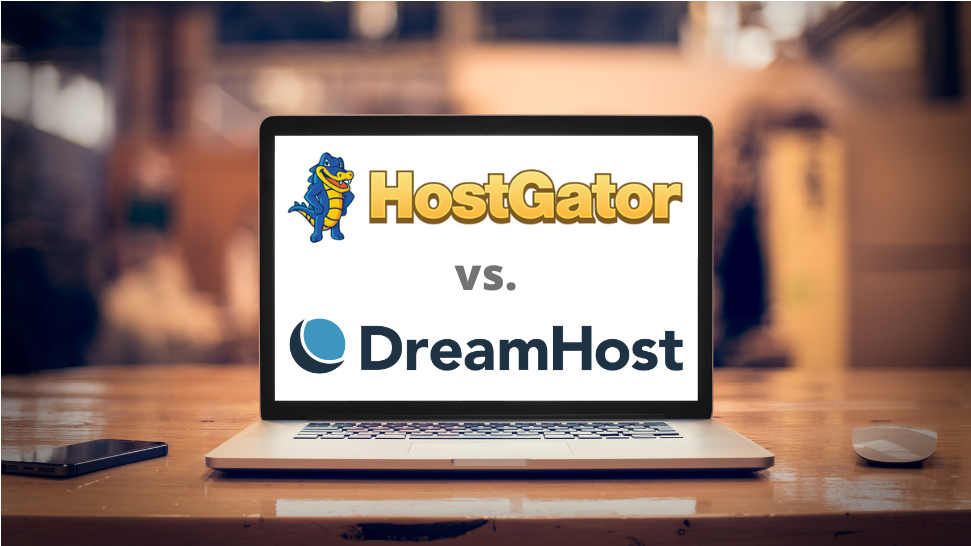
Credit: www.techradar.com
Frequently Asked Questions Of Dreamhost Vs Hostgator
Which Is Better Dreamhost Or Hostgator?
DreamHost is a better web hosting option compared to HostGator due to its extensive set of features, various plans, and exceptional customer support for WordPress users. However, DreamHost might not be the cheapest option in the market, and it may not be the best choice for users who lack technical knowledge.
Also, HostGator’s uptime performance has improved, whereas DreamHost’s uptime has seen a decline.
What Are The Disadvantages Of Dreamhost?
DreamHost may not be the best fit for users with limited web hosting knowledge as it lacks good technical support and customer support by phone. Additionally, it may not be the cheapest option among hosting providers.
Is Dreamhost A Good Web Host?
Yes, DreamHost is a good web host. It offers robust plans at affordable prices, making it an excellent choice for small businesses. DreamHost has a variety of plans, features, and dedicated support for WordPress clients, making it better than HostGator.
However, it may not be the best choice for users with limited web hosting knowledge and lacks customer support by phone.
What Is Better Dreamhost Or Bluehost?
DreamHost wins due to its greater number of features, a variety of plans, and dedicated support for WordPress clients. Though HostGator is slightly cheaper, it lacks in technical and phone customer support. DreamHost ranks high in the list of best web hosting services for small businesses.
Bluehost vs HostGator vs DreamHost are also compared for better understanding.
Conclusion
Both DreamHost and HostGator are great options for web hosting, but DreamHost seems to come out ahead in terms of features, plans, and dedicated support for WordPress clients. However, it’s important to consider your specific needs and budget when choosing a web host.
Don’t forget to do your research and compare different options before making a final decision. With the right web host, you can ensure that your website runs smoothly and efficiently, attracting and retaining visitors.

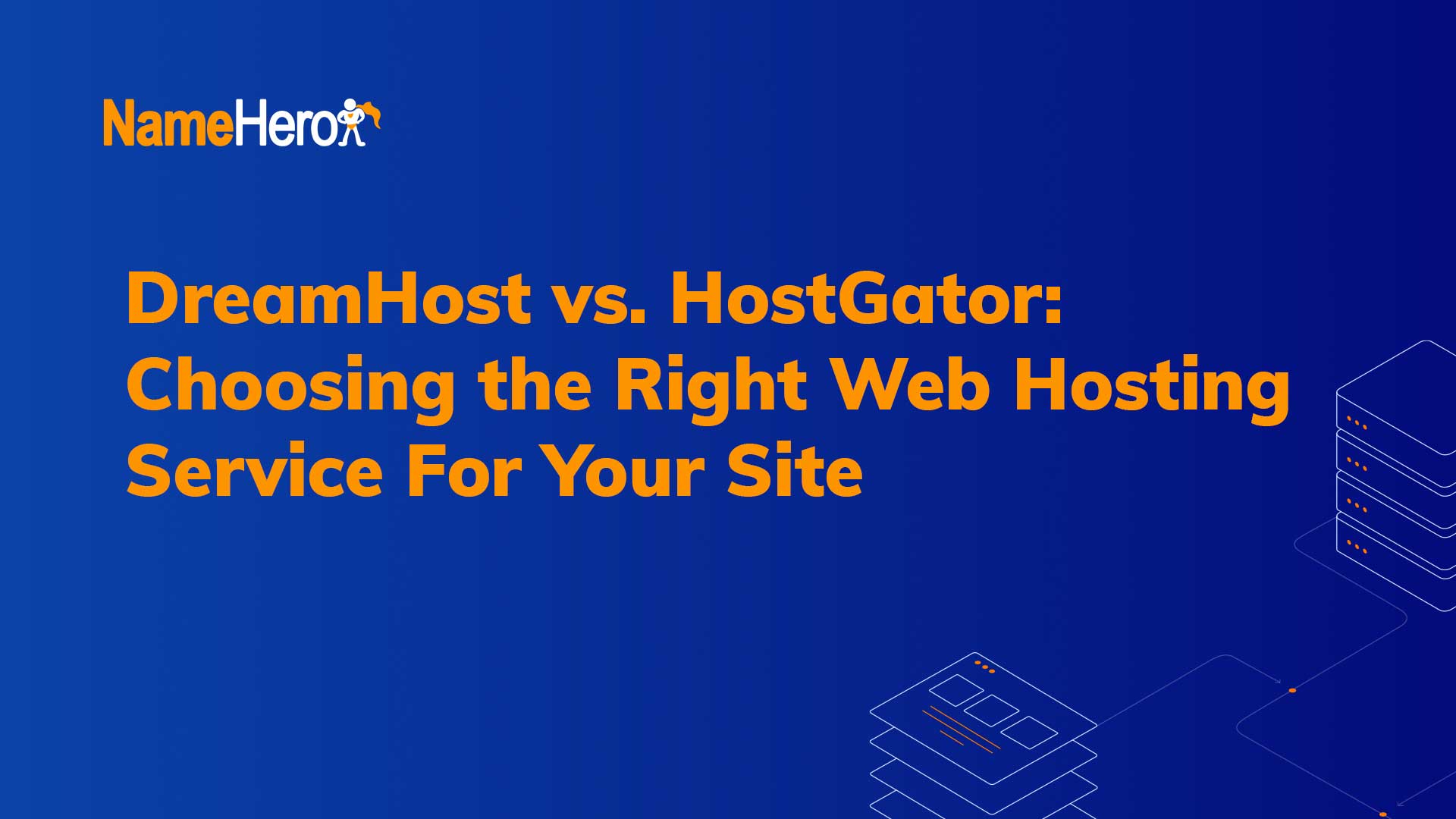
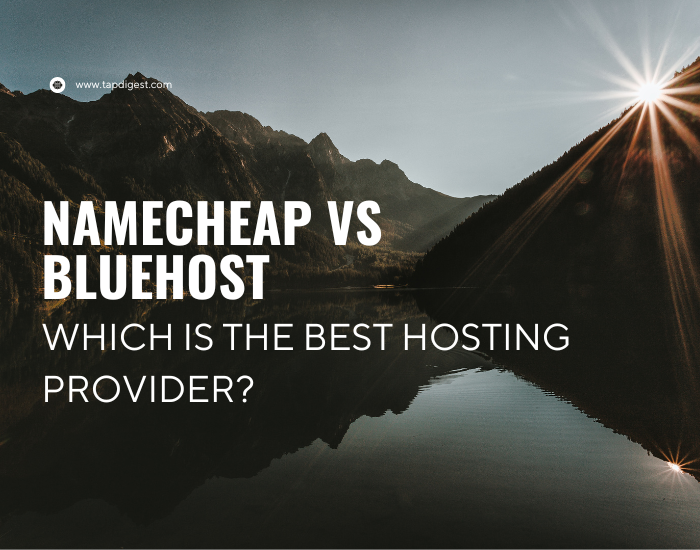






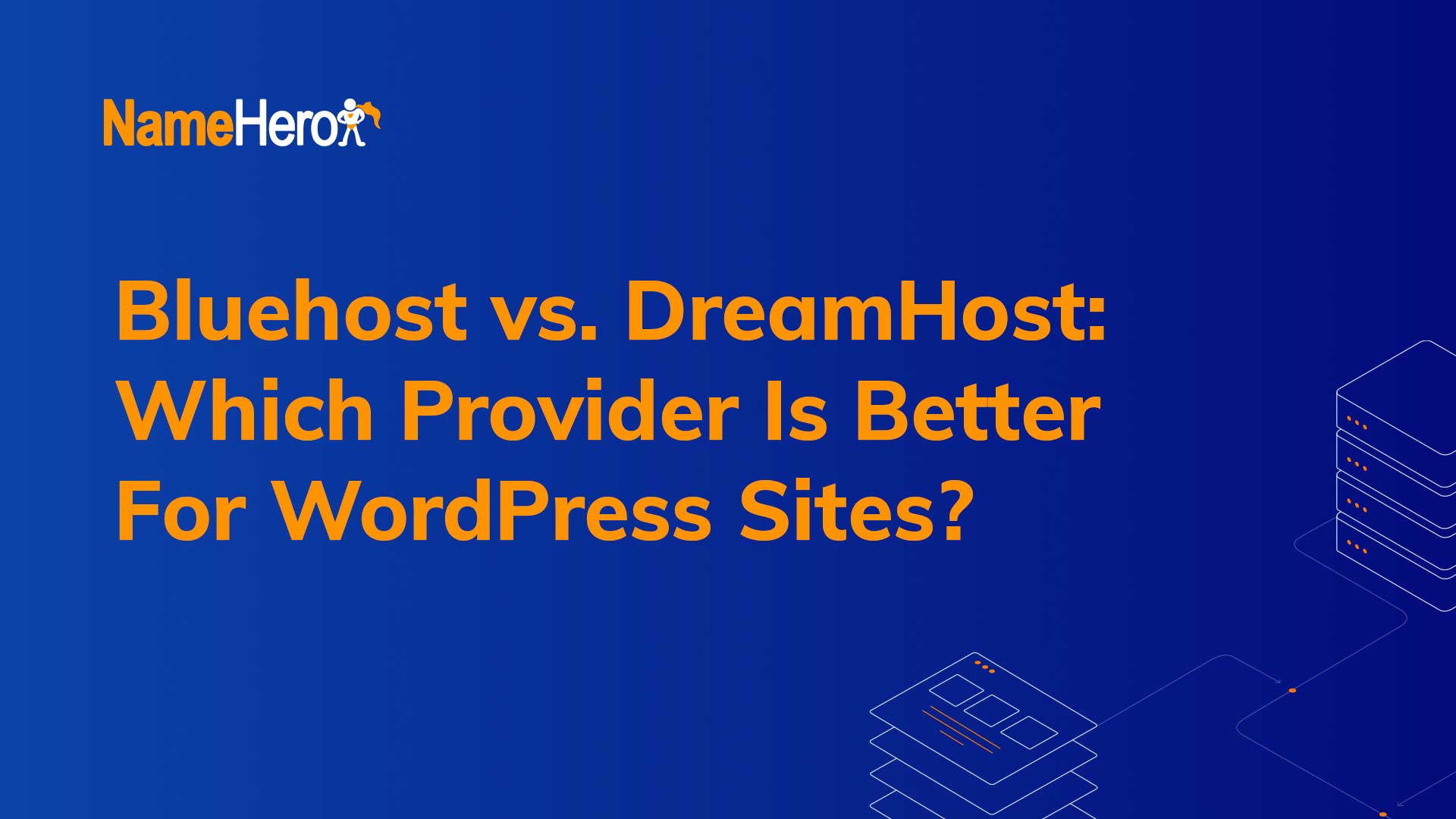
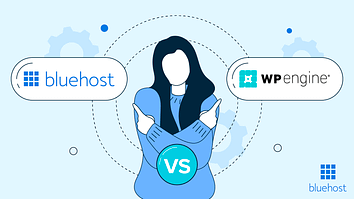
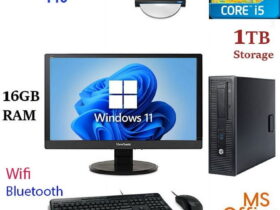

Leave a Reply